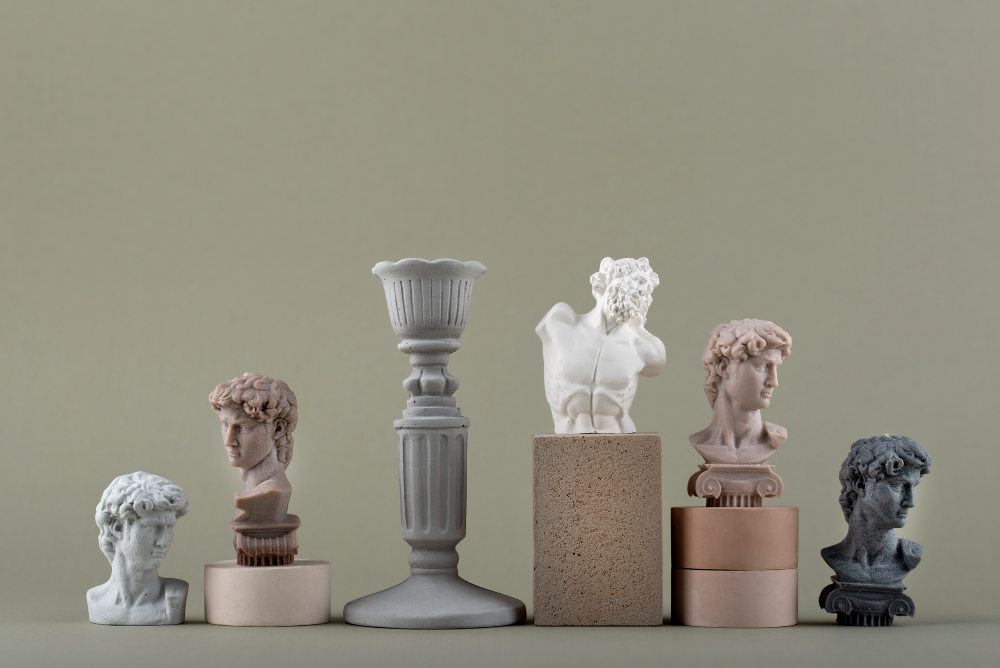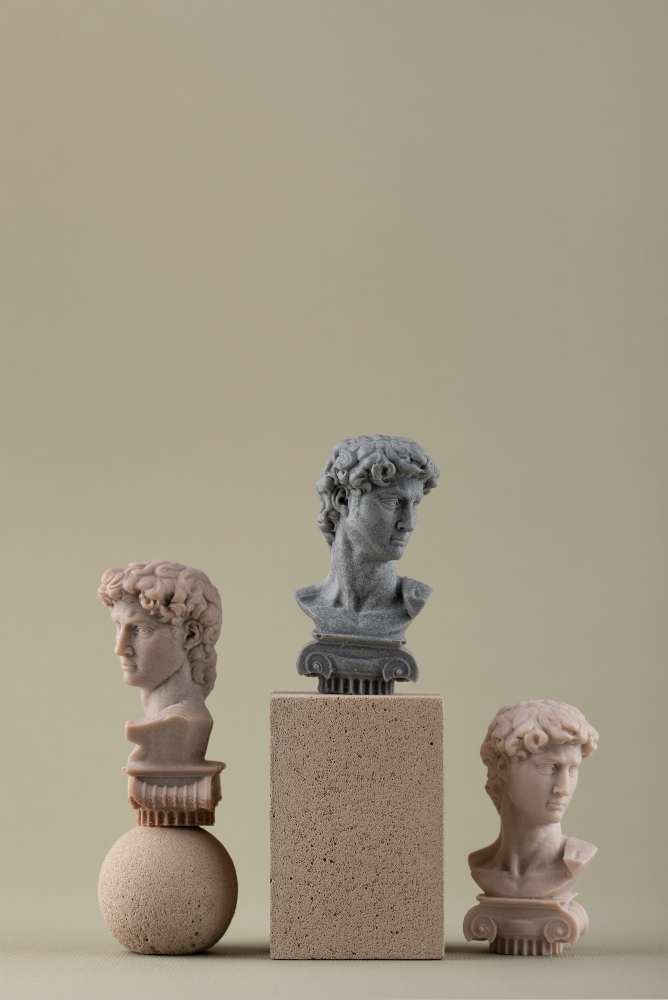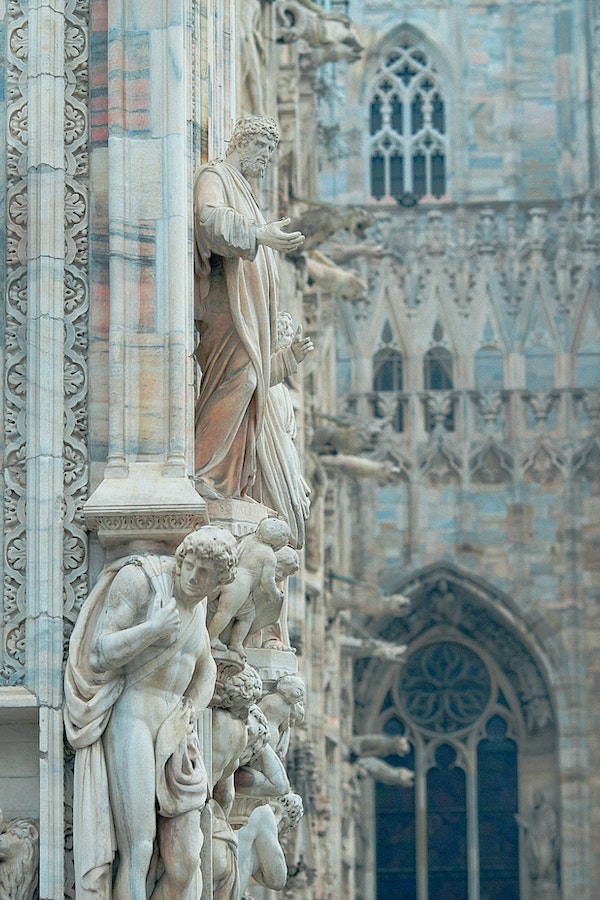
Ancient Rome was a civilization that left a lasting impact on the world, with its rich history, culture, and architectural marvels.
One of the most fascinating aspects of this ancient civilization is the wide array of artifacts that have been discovered over the years.
These artifacts provide valuable insights into the daily lives, beliefs, and customs of the Romans.
In this blog post, we will explore the different types of ancient Roman artifacts, where they can be found, and the significance they hold in understanding the Roman Empire.
- Read also: Unraveling the Mysteries of Ancient Egyptian Tombs
- Read also: 10 Fascinating Ancient History Facts
What are the types of ancient Roman artifacts?

The ancient Romans left behind a vast array of artifacts that offer valuable insights into their daily lives, beliefs, and customs.
These artifacts can be divided into several categories, including:
Pottery
Pottery was a popular form of art in Ancient Rome, with many pieces surviving to the present day.
Pottery vessels were used for a variety of purposes, including cooking, storage, serving food and drinks, transport, and decoration.
Many pottery artifacts have been found in archaeological sites throughout the Roman Empire, showing how important this craft was for the Roman people.
The pottery artifacts found in Rome often feature intricate designs, as well as inscriptions and figures that provide information about their use and purpose.
Sculptures
Sculptures were another popular form of art during the time of Ancient Rome.
Many sculptures were created to honor gods, emperors, and other prominent figures in Roman society.
Several famous sculptures from the Roman period have survived to this day, such as the Statue of Zeus at Olympia and the Laocoön Group.
The surviving sculpture artifacts offer an insight into the beliefs and customs of the Romans, as well as their skill in creating lifelike representations.
Jewelry
Jewelry was also popular among ancient Romans, with many pieces being found in archaeological sites throughout Rome.
Jewelry indicated wealth and status, with the most elaborate pieces being worn by the upper classes.
The jewelry artifacts found in Rome often feature intricate designs, as well as symbols and inscriptions that provide information about their use and purpose.
These artifacts also offer an insight into the beliefs and customs of the Romans, such as their reverence for deities or certain animals.
Coins
Coins were a vital part of the Roman economy, with many ancient coins surviving to this day.
The coins often featured images of gods and emperors, as well as symbols and inscriptions that provide information about their value and purpose.
Coins also offer an insight into the politics and culture of Ancient Rome, showing how different regions had different currencies and beliefs.
Mosaics
Mosaics were a popular form of art in Ancient Rome, with many surviving mosaics still remaining today.
Mosaics were used to decorate the floors and walls of homes and public buildings, often featuring intricate designs or scenes depicting everyday life.
They also showed the skill of Roman craftsmen, with some of the most famous surviving mosaics being the Alexander Mosaic and the Pompeii Mosaic.
Inscriptions
Inscriptions are ancient Roman artifacts that provide valuable information about the daily lives, beliefs, and customs of the Romans.
Inscriptions were often found on monuments, buildings, and other public structures throughout Rome.
These inscriptions offer an insight into the laws, customs, and even religious practices of the Roman people.
They can also provide information about events or even the individuals who commissioned them.
Weapons
Weapons were a crucial aspect of life in Ancient Rome, with many surviving artifacts providing an insight into the weaponry used by the Roman military.
These weapons include swords, spears, shields, and other items that could be used for both battle and hunting.
The weapons artifacts found in Rome can provide information on the development of arms and armor in the Roman Empire, as well as the skill of the craftsmen who manufactured them.
Where can these artifacts be found?

The artifacts of Ancient Rome can be found in several places around the world, including:
Archaeological sites
Archaeological sites are a great source of artifacts from Ancient Rome.
Many ruins in Italy and the Mediterranean region remain relatively untouched since their construction during the Roman period, allowing researchers to find artifacts that could provide insight into Roman life and culture.
Archaeologists have unearthed a variety of items from these sites, including pottery, sculptures, coins, and more.
Museums
Museums are also a great source of artifacts from Ancient Rome.
Many museums around the world have large collections of Roman items that they display to the public.
These collections can include sculptures, jewelry, mosaics, coins, weapons, inscriptions, and other artifacts that provide insight into Roman life and culture.
Private collections
Private collectors are also a great source of artifacts from Ancient Rome.
Private collectors often acquire items such as pottery, sculptures, jewelry, coins, inscriptions, weapons, and other objects that they then display in their homes or offices.
These private collections can provide a great source of information about life in Ancient Rome.
Auctions
Auctions are also a great way to find artifacts from Ancient Rome.
Auctions often feature items such as pottery, sculptures, jewelry, coins, inscriptions, weapons, and other objects that were once part of Ancient Rome.
These auctions often provide an excellent opportunity to find rare and valuable items that could provide insight into Roman life and culture.
Online resources
Online resources are another great way to find artifacts from Ancient Rome.
There are many websites and online forums dedicated to collecting, displaying, and selling artifacts from Ancient Rome.
These sites often feature a wide variety of items, including pottery, sculptures, jewelry, coins, inscriptions, weapons, and more.
They can also provide information about the history and culture of Rome that may not be found in other sources.
- Read also: Roman Emperor Commodus: The Worst Emperor in Roman History
- Read also: 10 Greek Mythology Facts That Most People Don’t Know
Final words
Ancient Roman artifacts offer a fascinating glimpse into the lives, beliefs, and customs of a civilization that has left an indelible mark on history.
By studying these artifacts, we can gain a deeper understanding of the Roman Empire and appreciate the artistic and cultural achievements of this remarkable civilization.
Whether you visit archaeological sites, explore museum collections, or attend exhibitions, the world of ancient Roman artifacts is waiting to be discovered and appreciated.



